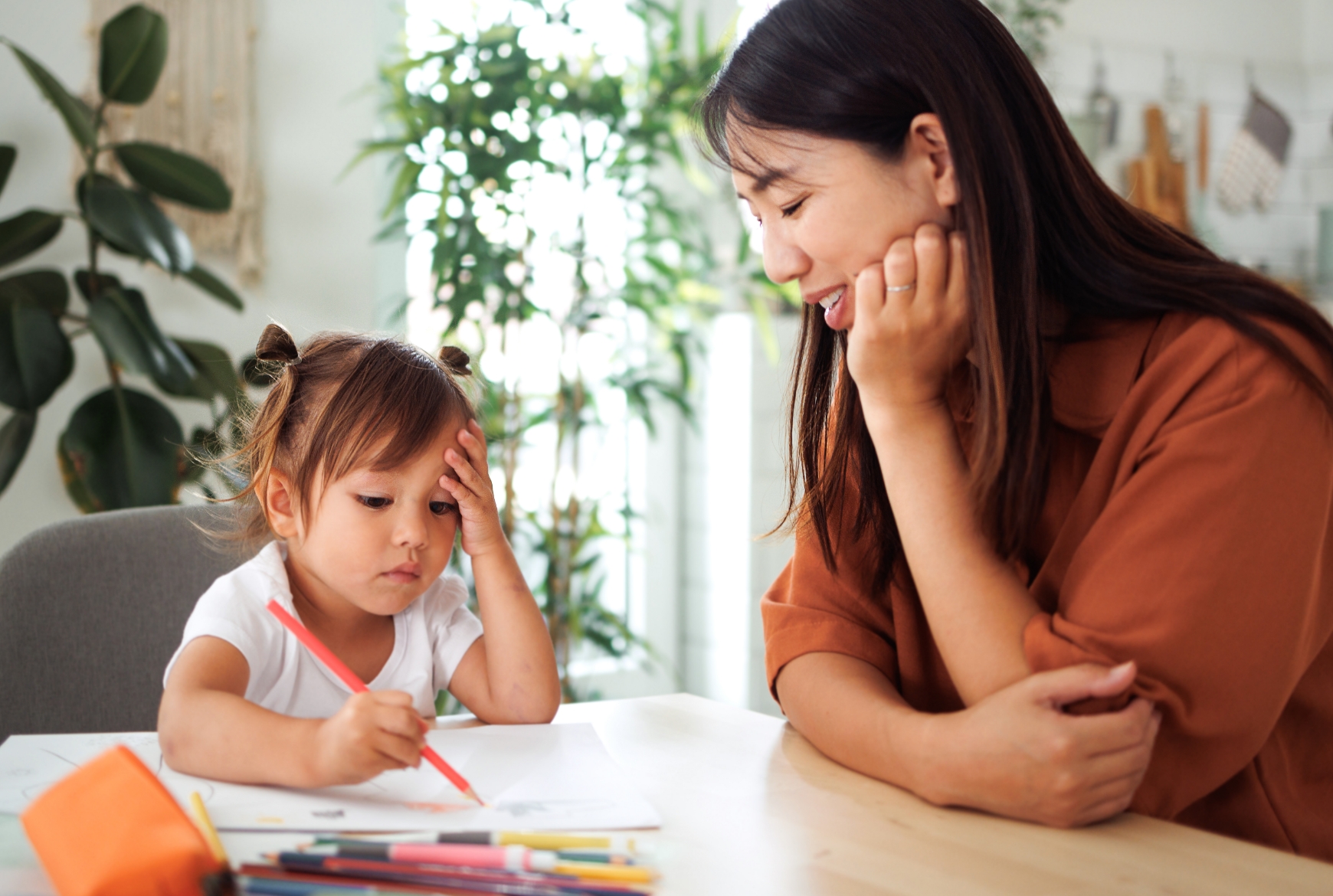How do children perceive death?
Children's perception of death changes as they grow up. When they’re young, it’s difficult for them to fully grasp the inevitability and finality of death.
Much like adults, they react differently to the loss of a loved one. Their age, their closeness to the relative (or pet) and the circumstances of the death are all factors that will influence their grief.
Before talking about grief with them, it's important to determine where they are in their development and level of understanding.
Ages 0-3
At this stage, children have no actual concept of death. It’s too abstract. Death is most likely perceived as loss or abandonment.
Ages 4-8
At this stage, children begin to grasp the concept of death. In fact, it might be frightening to them. They find it hard to understand its finality. They tend to still believe that the deceased will eventually come back to life. Since they are unable to grasp the inevitability of death, they often try to find explanations and ask themselves many questions. For example, did the person die to punish me? Mathilda will have to keep this in mind when she talks to Elliott and Lucas.
Ages 8-12
At this stage, children begin to understand that the deceased will never come back. However, they might wonder why someone so dear to them had to die. Why not someone else?
12 and over
Teenagers understand the finality of death. They realize that we all have to ‘go’ at some point, they just don’t think it’s going to happen to them—but that's another subject.


